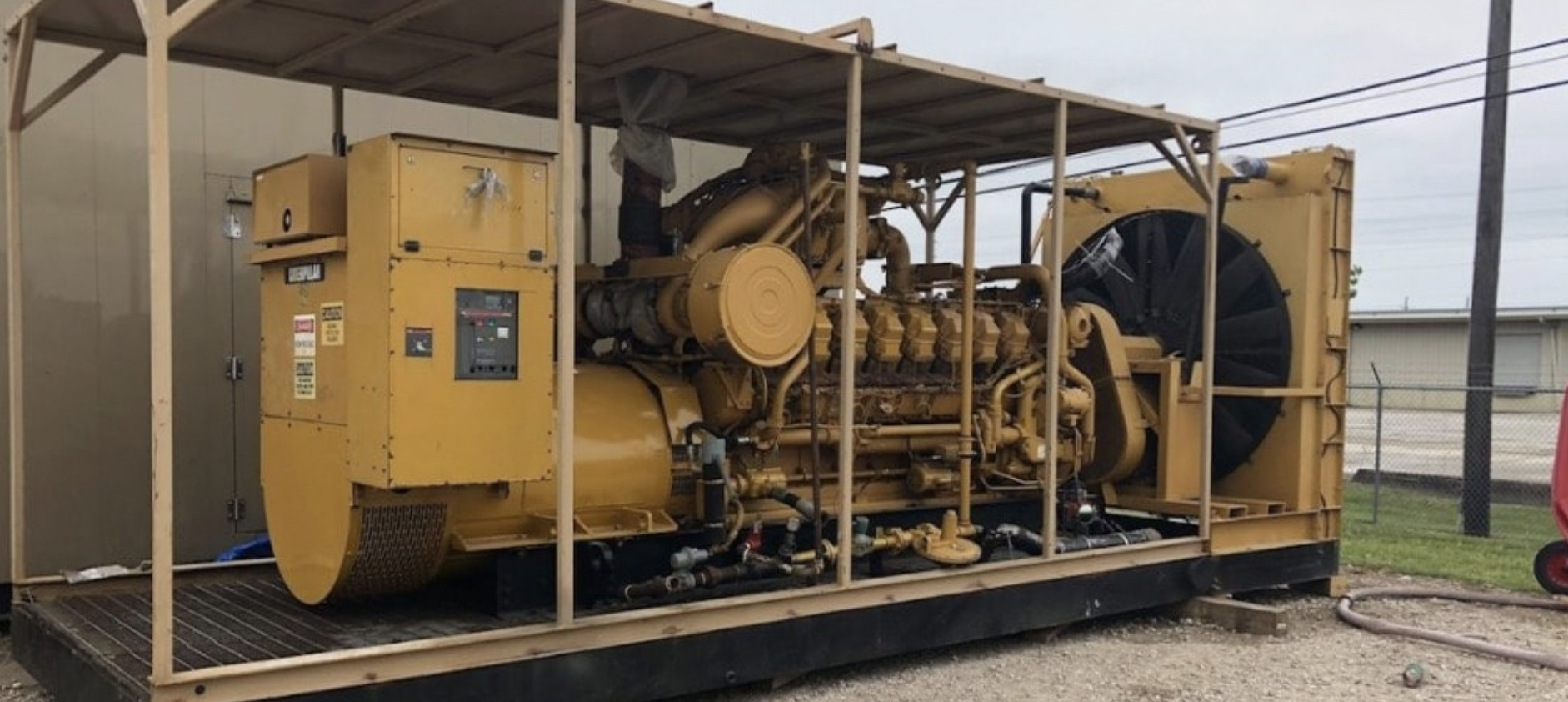Types Of Natural Gas Generators
A natural gas generator is an alternative to traditional generators that operate on gasoline or diesel. In 2019, natural gas generators accounted for the largest share (43%) of overall generation capacity in the United States. They are known for being cost-effective, efficient, and more environmentally friendly than fossil fuel generators. However, they may not be suitable for all applications due to their limited flexibility.
There are two main types of natural gas generators:
- Standby Generators: These are commonly used in residential, commercial, and industrial settings. They are permanently installed and receive natural gas from the local utility company. During power outages, standby generators automatically switch on to provide emergency power. It is essential to use them only for their prescribed time to avoid malfunctions and frequent repairs.
Standby generators are a reliable choice because natural gas supply pipelines are usually underground, making outages rare. Unlike diesel, natural gas doesn’t degrade over time, eliminating the need for fuel storage.
- Prime Power Generators: Prime power generators come into play when there is no access to a local utility, and the generated power becomes the sole power source. These generators are less common in residential settings due to the lack of quick natural gas connections. For prime power generators, the natural gas must be delivered by truck. They can run for longer periods and handle larger loads than standby generators.
Continuous power generators are a subset of prime power generators, designed to run continually with a consistent load, while prime generators can handle variable loads.
Natural gas generators find extensive use in critical facilities like hospitals and nursing homes, where continuous power supply is essential. They are also popular among residential homeowners for standby power, as natural gas is supplied automatically through the utility line.
When selecting a natural gas generator for residential use, it’s essential to consider the total power required to run specific appliances and devices, such as refrigerators, air conditioning units, furnaces, electronics, and more. Generators are rated in kW, with higher ratings capable of powering more appliances. Calculating the running and starting watts of each item will help determine the appropriate generator size.
Some natural gas generators are designed to be dual-fuel or tri-fuel, allowing them to run on natural gas, propane, diesel, or gasoline. This flexibility is especially useful for portable generators, which are more commonly dual-fuel or tri-fuel due to the difficulty of finding natural gas hookups on the go.
Conversion kits are available to enable natural gas usage in generators that were initially designed for other fuels. Industrial generators may even run on field gas, the raw gas escaping from wellheads during drilling operations, providing a cost-effective and eco-friendly solution.
Overall, natural gas generators offer numerous benefits and are suitable for various applications, but choosing the right type and size depends on the specific power needs and circumstances of each situation.
Table of Contents
Final Words
In conclusion, natural gas generators are a valuable alternative to traditional gasoline or diesel generators, offering cost-effectiveness, efficiency, and environmental benefits. They come in two main types: standby generators, ideal for emergency power supply with automatic operation during outages, and prime power generators, suitable when no local utility is available. Natural gas generators are commonly used in critical facilities like hospitals and nursing homes, as well as residential settings for standby power.
When selecting a natural gas generator, consider the total power requirements of specific appliances and devices to determine the appropriate size in kW. Dual-fuel or tri-fuel options are available, allowing generators to run on natural gas, propane, diesel, or gasoline, providing flexibility and convenience.
In industrial applications, natural gas generators can offer even more benefits, including the use of field gas, a previously wasted resource during drilling operations, resulting in cost savings and reduced environmental impact.
Overall, natural gas generators are a reliable and eco-friendly choice for many power generation needs, but proper consideration and sizing are essential to ensure they meet specific requirements.




